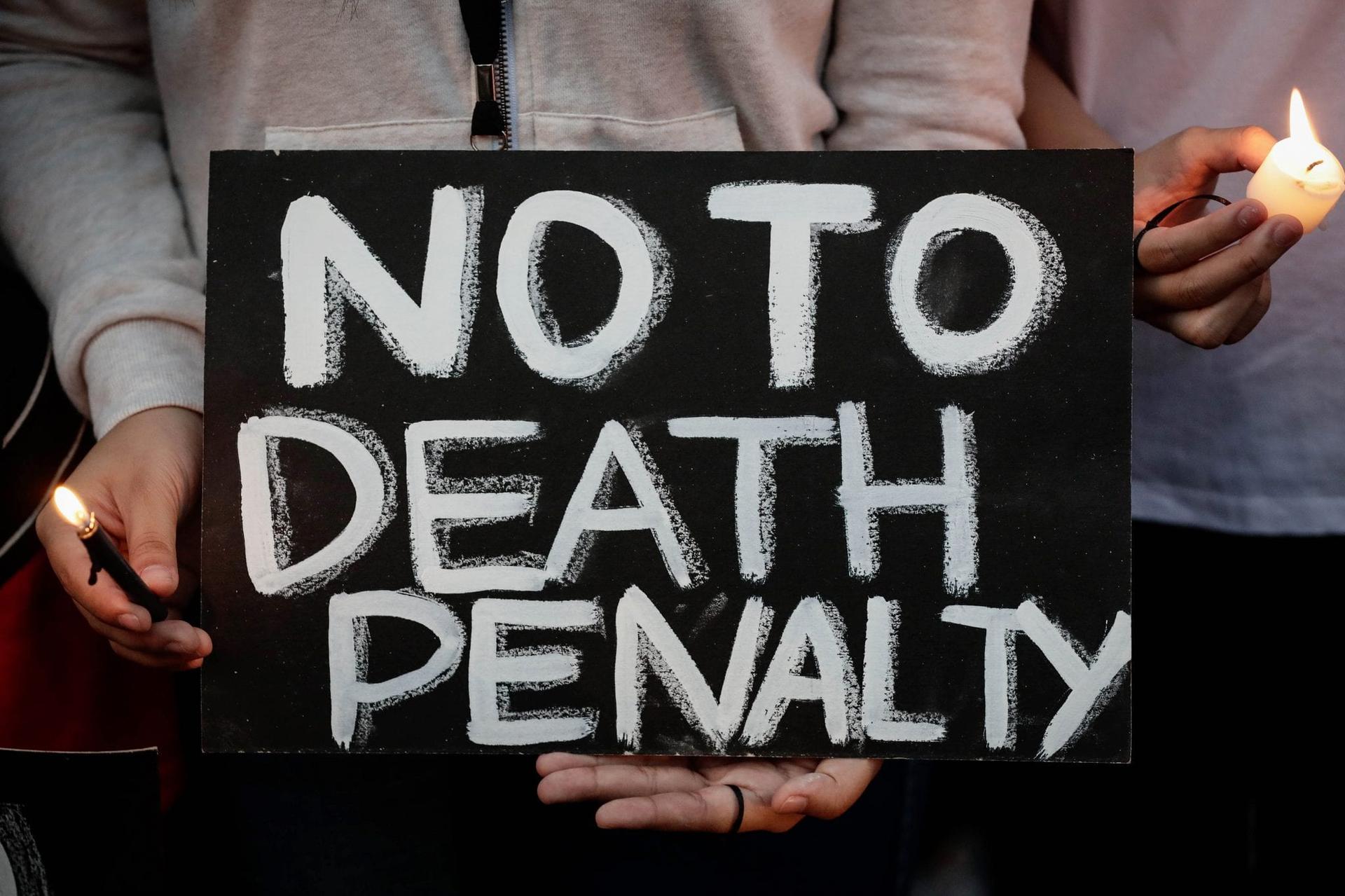NEW YORK — Two months after Pope Francis’s condemnation of the death penalty as “contrary to the Gospel,” the Death Penalty Information Center (DPIC) announced on Thursday that executions were at a near historic low in the United States.
In its 2017 annual report, DPIC found that 23 individuals have been executed on death penalty charges in the United States over the past year, the second lowest annual total since 1972 when the U.S. Supreme Court suspended death penalty sentences. In addition, DPIC estimates that by the end of 2017, there will have been a total of 39 new death penalty sentences in the United States during the past year, also a second lowest total in more than 25 years.
Drawing on recent polling data from Gallup, the report also stated that public support for the death penalty fell to its lowest numbers in 45 years. According to Gallup, 55 percent of adult Americans favor the death penalty for convicted murderers. The 2017 data evidences a 5-percentage drop from the previous year and a 10 percent drop among registered Republican voters.
In response to the latest DPIC report, the Catholic Mobilizing Network (CMN), a national Catholic organization working to end the death penalty, released a statement praising the dwindling support for capital punishment and its declining use.
“Now more than ever, people from across the political spectrum are uniting around the reality that death penalty is a failed public policy that denies the inherent dignity of the human person,” said CMN president Karen Clifton.
The DPIC report also revealed that nearly 75 percent of 2017 executions took place in four states: Texas, Arkansas, Alabama, and Florida. In addition, four death row prisoners were exonerated in 2017, now bringing the total of exonerated death row inmates to 160 since 1973.
Of the 23 executions in 2017, an estimated 90 percent of these cases have “presented significant evidence of mental illness, intellectual disability, brain damage, severe trauma, or innocence.” According to Clifton, “DPIC’s Year End Report clearly shows we are not executing the ‘worst of the worst,’ we are executing some of society’s most vulnerable.”
In recent years, social media has become a major tool for Catholics to express opposition to the death penalty and to lobby for state legislators to stay executions. Leading this charge has been Sister Helen Prejean, a long time anti-death penalty activist who is a spiritual adviser to death row inmates, who has used Twitter as her megaphone, to have direct access to alert the public about upcoming executions and what could be done to intervene.
Francis’s October 2017 remarks on the death penalty came during a 25th anniversary celebration of the Catechism of the Catholic Church, which recognized “the right and duty of legitimate public authority to punish malefactors by means of penalties commensurate with the gravity of the crime, not excluding, in cases of extreme gravity, the death penalty.”
The Catechism also recommended that “bloodless means” are to be used when at all possible, and was formally amended after the release of Saint Pope John Paul II’s encyclical Evangelium Vitae, which said the death penalty could only be used when it is “the only possible way of effectively defending human lives against the unjust aggressor.”
In his latest remarks, Francis said the Catechism should be more explicit in its condemnation of the death penalty as “a decision is voluntarily made to suppress a human life, which is always sacred in the eyes of the Creator and of whom, in the last analysis, only God can be the true judge and guarantor.”
“Let us take responsibility for the past and recognize… remaining neutral today when there is a new need to reaffirm personal dignity would make us even more guilty,” Francis argued.
During his visit to the United States in 2015, Francis explicitly praised the work of the U.S. bishops in their efforts to abolish the death penalty while addressing the U.S. congress.
“Not only do I support them, but I also offer encouragement to all those who are convinced that a just and necessary punishment must never exclude the dimension of hope and the goal of rehabilitation,” said Francis.
“I am convinced that this way is the best, since every life is sacred, every human person is endowed with an inalienable dignity, and society can only benefit from the rehabilitation of those convicted of crimes,” he said.















